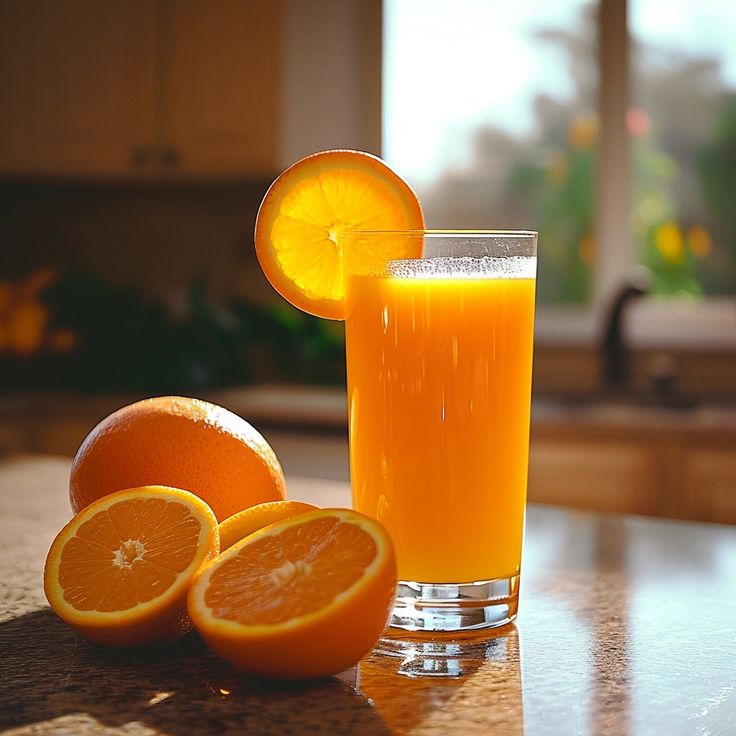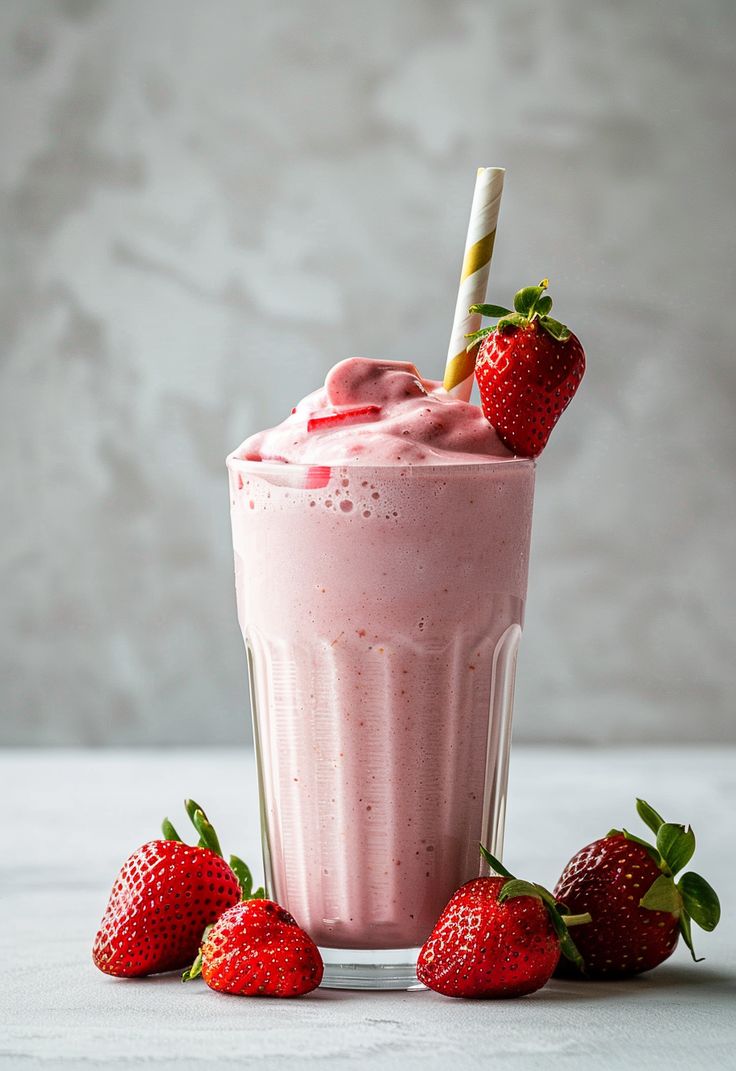Both fruit smoothies and fresh juices have earned their place in our hearts but they’re actually quite different when it comes to keeping you hydrated.
The main difference between these two popular drinks isn’t just about taste or texture. It all comes down to how they’re made, and trust me, this processing method makes a huge difference in how well they’ll quench your thirst.
How Juicing Works for Hydration

When you juice fruits and vegetables, you’re basically extracting all the liquid goodness while leaving the pulp and fiber behind. You’re getting pure, concentrated fruit water that your body can absorb super quickly.
This rapid absorption is actually juicing’s biggest advantage for hydration. Since there’s no fiber to slow things down, the water and nutrients zip straight into your bloodstream.
Fresh juice also tends to have a higher water content per serving compared to smoothies. A glass of watermelon juice or cucumber juice can be up to 95% water, making it an excellent choice for immediate hydration needs.
Smoothie Hydration

When you make a smoothie, you blend whole fruits and vegetables and you’re keeping everything – the fiber, the pulp, all of it. Plus, you’re usually adding extra liquids like water, coconut water, almond milk, or regular milk to get that perfect creamy consistency.
Smoothies might not hydrate you as quickly as juice but they’ll keep you hydrated for longer. The fiber acts like a time-release system, slowly releasing water into your body over several hours.
Smoothies also tend to be more filling, which means you’re less likely to get hungry and forget to keep drinking fluids throughout the day. When you feel satisfied, you naturally make better hydration choices.
Conclusion
Both fruit smoothies and fresh juices can absolutely help keep you hydrated – they just do it in different ways. Juice gives you that quick hydration boost when you need it most, while smoothies provide sustained hydration that lasts longer.

